10 Great Quotes From Spiritual Scientists
Scientific inquiry, at its core, carries a profoundly spiritual essence. The pursuit of understanding, of unraveling the mysteries of our shared reality, mirrors a deeper quest to connect with the unknown. Historically, natural philosophers—early scientists—recognized the kinship between scientific and spiritual exploration, a perspective some still hold. While not all were spiritually inclined, many experienced moments of transcendent insight, bridging the divide between the empirical and the ineffable.
James Clerk Maxwell
Image: foto3.net
Quote: (Anyone who investigates physical laws) will see as he advances that the laws of nature are not mere arbitrary and unconnected decisions of Supreme Power, but that they form essential parts of one universal system, in which infinite Power serves only to reveal unsearchable Wisdom and Eternal Truth.
Bio: James Clerk Maxwell (1831–1879), a Scottish physicist and mathematician, formulated Maxwell's equations, unifying electricity, magnetism, and light as a single electromagnetic phenomenon. His groundbreaking work laid the foundation for modern physics, influencing Einstein and quantum mechanics.
Nicholas of Cusa
Image: xiliboxi.blogspot.com
Quote: Within itself, the soul sees things more truly than they exist in different things outside itself. And the more it goes out unto other things in order to know them, the more it enters into itself in order to know itself.
Bio: Nicholas of Cusa (1401–1464) was a German philosopher, theologian, and cardinal whose innovative ideas bridged medieval and Renaissance thought, particularly through his concept of the "coincidence of opposites," reconciling contradictions in understanding God and the universe.
Nicolaus Steno
Image: sembrarelcamino.blogspot.com
Quote: (He saw his attempt to harmonize his geological observations with scriptural history) as a natural synthesis of two equally valid and complementary sources of evidence—the Book of God’s Word and the Book of God’s Works.
Bio: Nicolaus Steno (1638–1686) was a Danish scientist and Catholic bishop who pioneered modern geology with his principles of stratigraphy and made significant contributions to anatomy, notably discovering the parotid gland duct, while later dedicating his life to religious service.
Louis Pasteur
Quote: A little science distances you from God, but a lot of science brings you nearer to him.
Bio: Louis Pasteur (1822–1895) was a French chemist and microbiologist renowned for his groundbreaking discoveries in vaccination, microbial fermentation, and pasteurization, fundamentally advancing modern medicine and food safety.
Max Planck
Image: nationalgeographic.com.es
Quote: All matter originates and exists by virtue of a force...we must assume behind this force the existence of a conscious and intelligent Mind. This mind is the matrix of all matter.
Bio: Max Planck (1858–1947) was a German physicist who founded quantum theory, revolutionizing modern physics with his concept of energy quanta, earning him the 1918 Nobel Prize in Physics.
William James
Image: historia-biografia.com
Quote: Our normal waking consciousness, rational consciousness as we call it, is but one special type of consciousness, whilst all about it, parted from it by the flimsiest of screens, there lie potential forms of consciousness entirely different. We may go through life without suspecting their existence; but apply the requisite stimulus, and at a touch they are there in all their completeness, definite types of mentality which probably somewhere have their field of application and adaptation. No account of the universe in its totality can be final which leaves these other forms of consciousness quite disregarded.
Bio: William James (1842–1910) was an American philosopher and psychologist, often called the "Father of American Psychology," whose work on pragmatism, consciousness, and religious experience profoundly influenced modern philosophy and psychology.
David Bohm
Image: todaybirthday.in
Quote: Deep down, the consciousness of mankind is one. This is a virtual certainty…and if we don’t see this, it’s because we are blinding ourselves to it.
Bio: David Bohm (1917–1992) was an American theoretical physicist and philosopher known for his contributions to quantum mechanics, particularly the Bohm interpretation, and his explorations of consciousness and the interconnectedness of reality.
John Von Neumann
Image: forumuzay.com
Quote: There probably is a God. Many things are easier to explain if there is than if there isn’t.
Bio: John von Neumann (1903–1957) was a Hungarian-American mathematician, physicist, and computer scientist whose pioneering work in game theory, quantum mechanics, and computer architecture profoundly shaped modern mathematics, computing, and theoretical physics.
Nicola Tesla
Image: wallsdesk.com
Quote: The gift of mental power comes from God, Divine Being, and if we concentrate our minds on that truth, we become in tune with this great power.
Bio: Nikola Tesla (1856–1943) was a Serbian-American inventor and electrical engineer whose groundbreaking work in alternating current (AC) electricity, wireless communication, and electromagnetic fields revolutionized modern technology.
Freeman Dyson
Image: medium.com
Quote: The universe is not only stranger than we imagine, it is stranger than we can imagine. I like to think that the universe is showing us a little bit of its infinite variety, and that there is some kind of purpose behind it.
Bio: Freeman Dyson (1923–2020) was a British-American theoretical physicist and mathematician known for his work in quantum electrodynamics, solid-state physics, and his visionary ideas on space exploration and the search for extraterrestrial life.



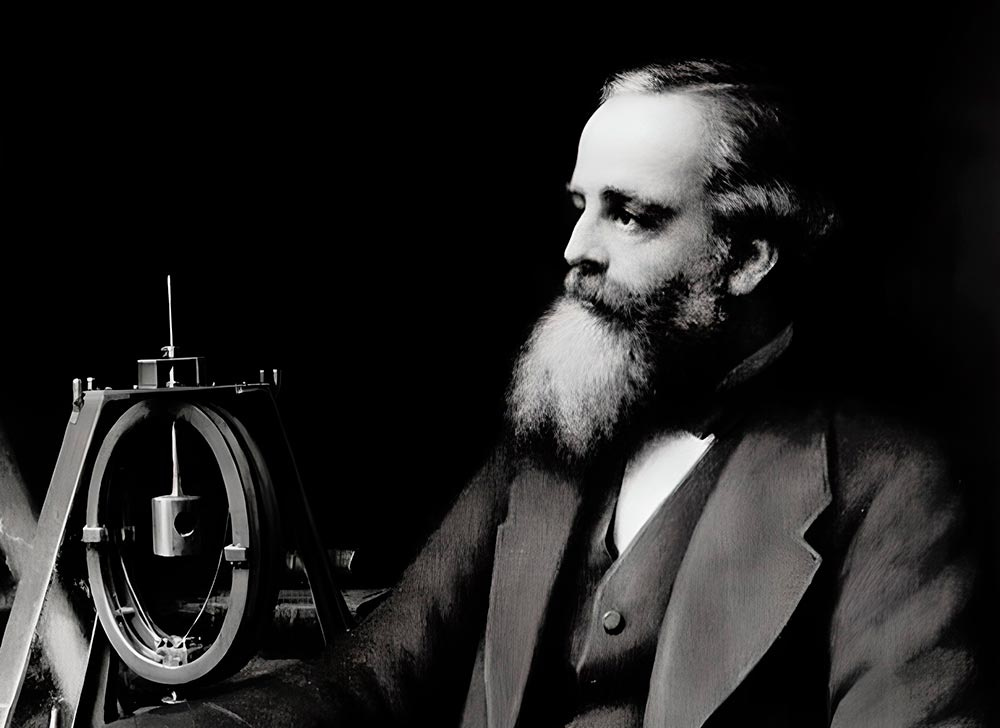
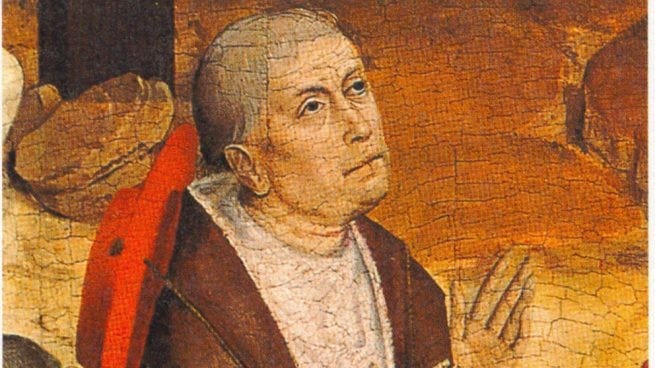
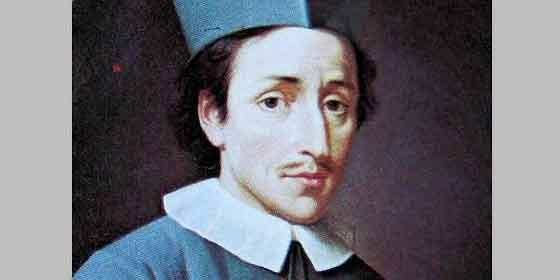



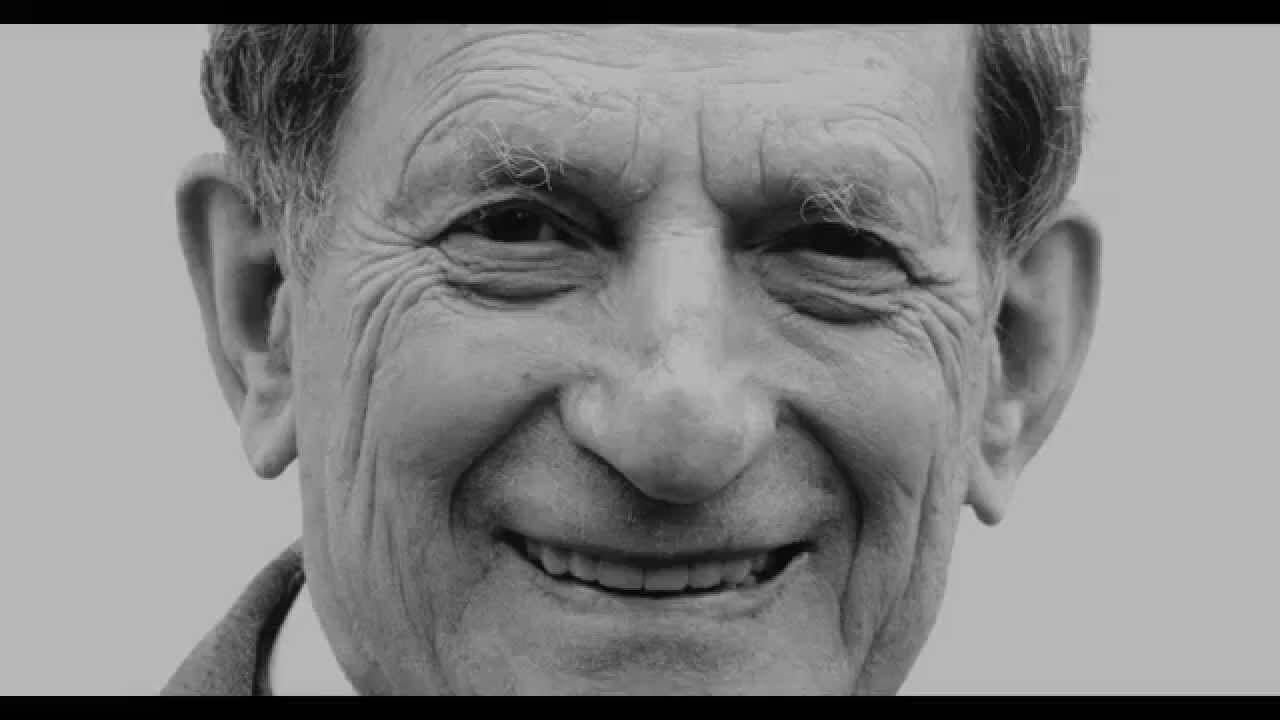
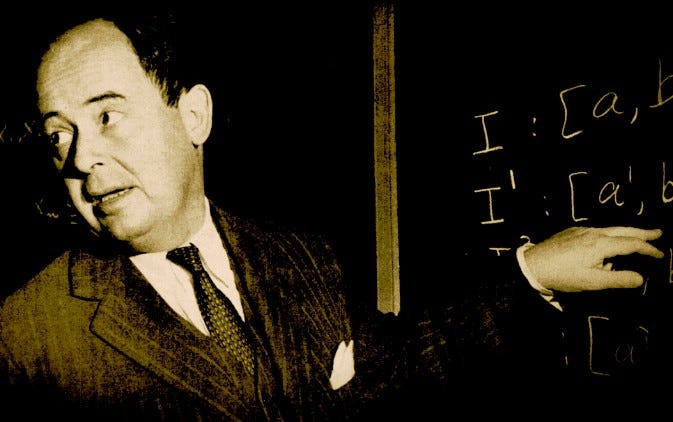
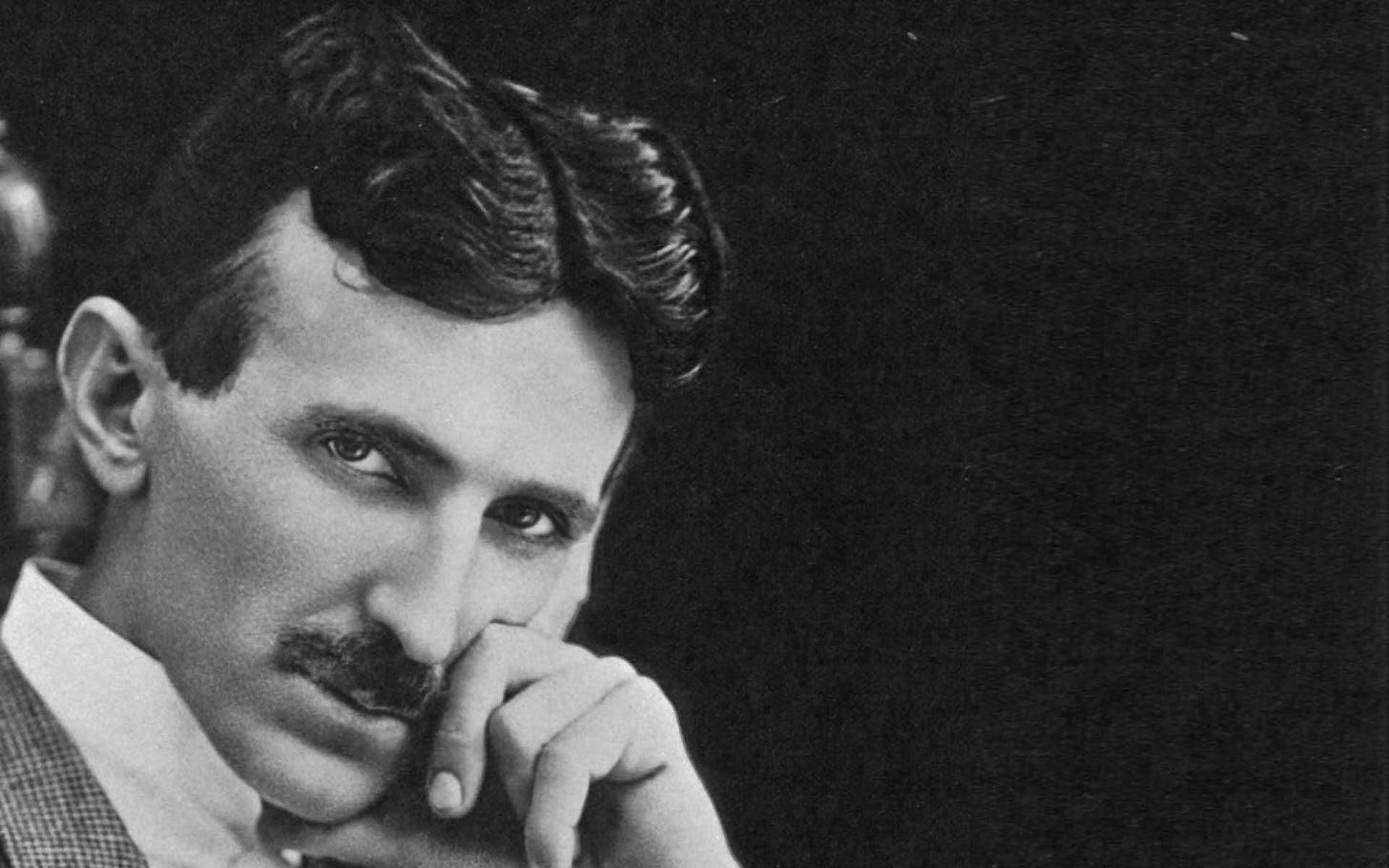
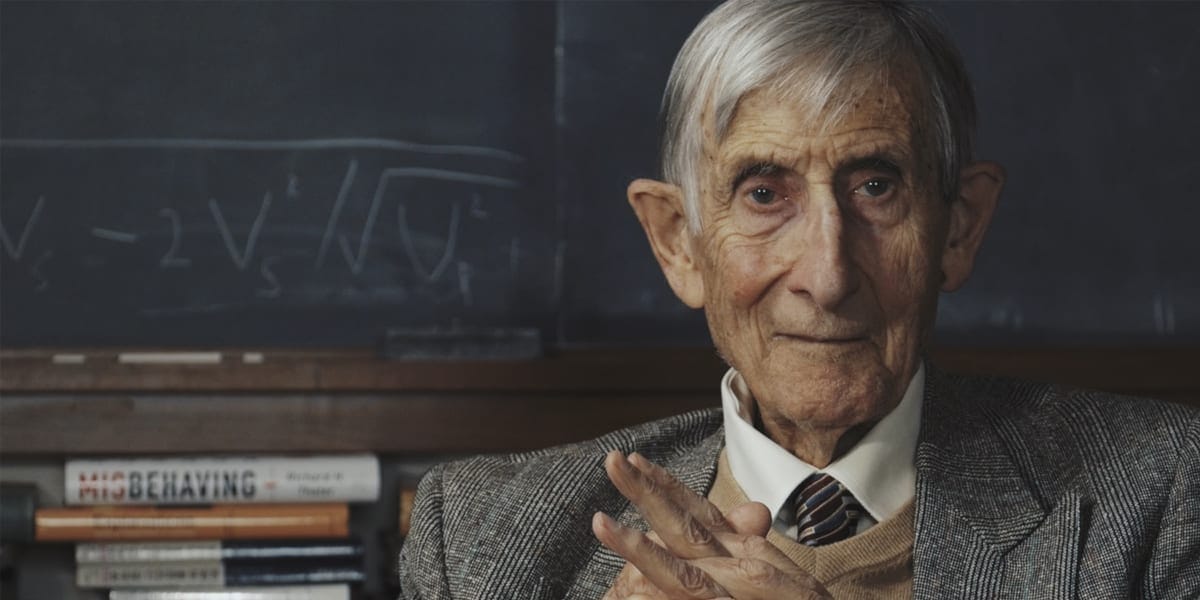
Thank you for these quotes. I like to say that evolution is how G-d expresses. Scientists who experience awe as they discover new facets of our existence are often awestruck! IDK if there is literally "intelligent design," but I have no doubt that a force, which many of us call G-d, exists that causes existence to be born and reborn continuously. I love your openness to various streams of thought.
Spiritual essense lies within the brain and mind that concieve's within itself it's reality.